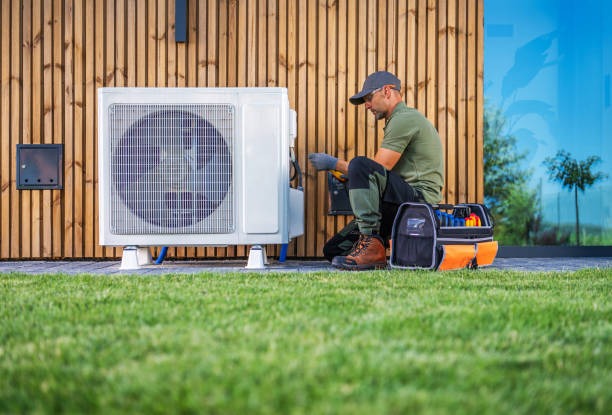Knowing when to replace your HVAC system instead of repairing it can save you money, improve comfort, and increase energy efficiency. While repairs are often the first solution for a malfunctioning system, certain signs indicate that replacement is a more practical option. One key indicator is the age of the unit. Most HVAC systems have an average lifespan of 10 to 15 years. If your system is approaching or has exceeded this range, it may be less reliable and more prone to frequent breakdowns. Older units also tend to operate less efficiently compared to newer models, leading to higher energy bills.
Frequent repairs are another strong signal that replacement should be considered. When you find yourself calling a technician multiple times within a short period, repair costs can quickly add up and surpass the price of installing a new system. In addition, constant fixes do not guarantee long-term reliability or performance improvement; they only provide temporary relief from recurring issues.
A noticeable decline in heating or cooling effectiveness suggests that your HVAC system is struggling to maintain comfortable indoor temperatures. If certain rooms remain too hot or cold despite adjusting the thermostat, there could be underlying problems such as worn-out components or inadequate capacity access this resource for more info your space’s needs. This inefficiency not only affects comfort but also wastes energy by forcing the unit to work harder than necessary.
Rising utility bills without increased usage often point toward an aging or malfunctioning HVAC unit working inefficiently. Systems lose efficiency over time due to wear and tear on parts like compressors and fans. A sudden spike in electricity costs may reflect these hidden inefficiencies even if no visible symptoms exist yet.
Strange noises coming from your equipment during operation should never be ignored either. Unusual sounds like grinding, rattling, or squealing often indicate mechanical failures that might require extensive repairs or complete replacement depending on severity.
Additionally, poor air quality inside your home can stem from an outdated HVAC system unable to filter contaminants effectively. Accumulated dust and allergens circulating through vents reduce indoor air quality and pose health risks.
When evaluating whether repair or replacement makes sense financially and practically, consider both immediate expenses and long-term benefits such as improved performance warranties offered with new installations.
Consulting with an experienced HVAC professional can help determine which option best suits your situation based on thorough inspection results combined with factors like equipment age and condition.
Making timely decisions about replacing rather than repairing ensures continued comfort while preventing unexpected breakdowns during extreme weather conditions when reliable climate control matters most.












Leave a Reply